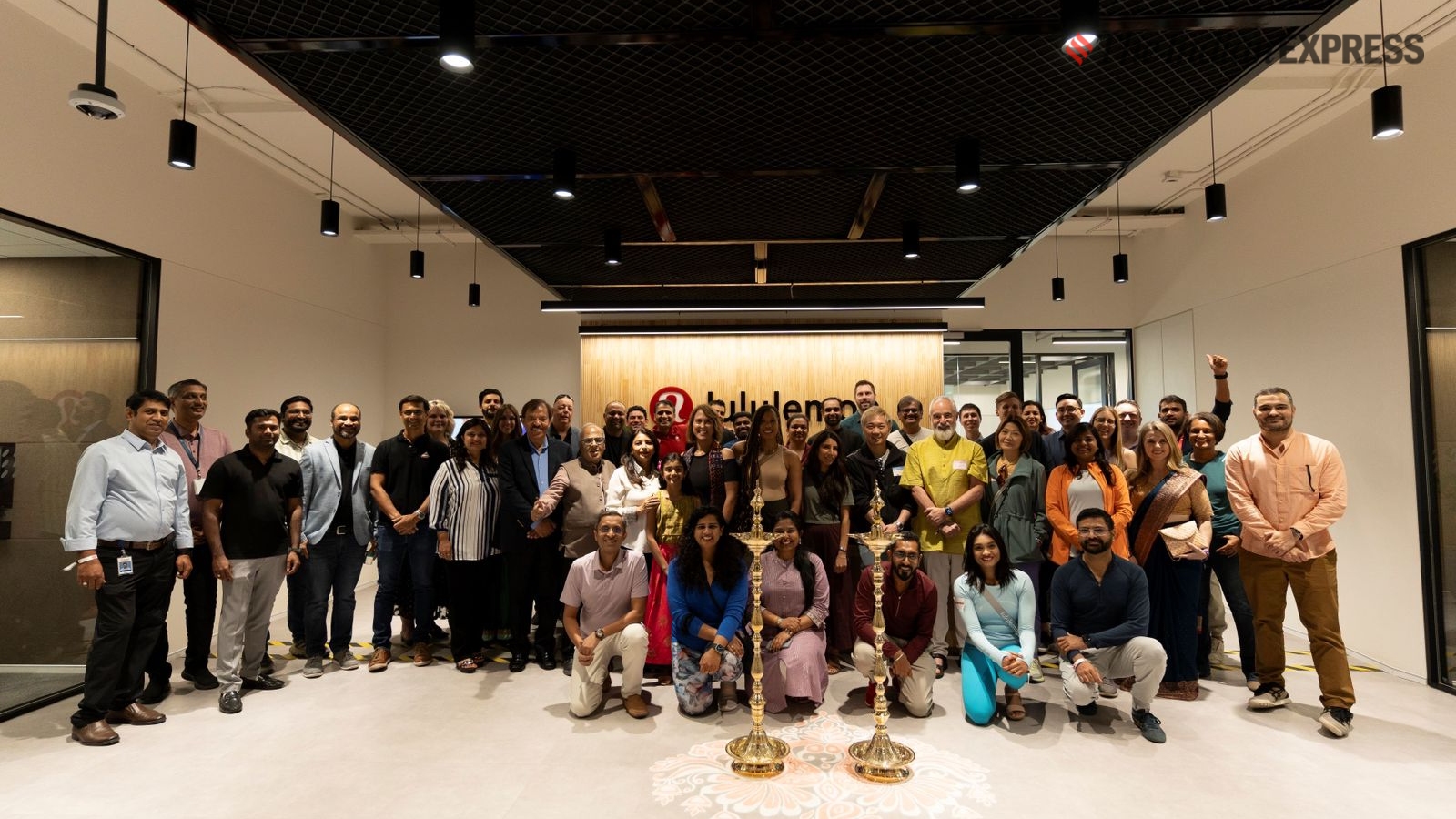From its roots as a yoga wear company to a major activewear brand, lululemon Athletica is using generative artificial intelligence to improve the search experience on its online store, making it more natural for consumers to find exactly what they need.
For example, when searching for black tights on the company’s website, it now suggests whether you want those with pockets or ones that are 25 inches long.

“One of our competitive advantages is our data. We can understand a tremendous amount about our guests and what they want from us. Now, we can predict and make recommendations about new products that they might like and what’s available for them,” explains Julie Averill, Chief Information Officer and Executive Vice President, lululemon, highlighting how the company is using Gen AI to enhance the digital shopping experience.
 Julie Averill, Chief Information Officer and Executive Vice President, lululemon
Julie Averill, Chief Information Officer and Executive Vice President, lululemon
“How they construct that and how we receive that, we want them to be able to speak in their language and get the results as expected,” Averill said while speaking to indianexpress.com during a recent visit to lululemon’s tech hub in Bengaluru.
But for Averill, the use of generative artificial intelligence technology to simplify and improve the shopping experience is just one of the use cases.
Product creation
The Canadian brand, known for selling now-iconic yoga leggings to higher-income shoppers and creating a market for athletic wear and leisure wear, is also experimenting with using Gen AI for product creation. “We are currently in the proof of concept stage, augmenting our product designers with Gen AI to explore faster and more efficient product creation,” she says.
“I think Gen AI is an extremely interesting space. When we look across product creation through guest experience, there’s a lot of potential, and we’re conducting a significant amount of tests to understand where the right place is to fully push in at this moment,” Averill adds.
Story continues below this ad
As increasingly advanced artificial intelligence technologies are integrated into the mix, retailers like lululemon, who follow a vertically integrated business model wherein they design products and sell them through their retail stores and online fronts, and even control the entire supply chain, want to leverage AI as a tool to reach out to newer customers.
India connect
Averill says there’s an immense opportunity for a retailer to capitalise on AI, not just to personalise shopping experiences for customers but also in the areas of merchandise planning, automatic attributions, and store clustering. “As retailers, we can build and also leverage the innovation that’s in the market,” she says when asked about how every big brand across different domains is looking to capitalise on large language models (LLMs), which can generate more humanlike responses thanks to the huge amounts of data they are trained on.
 lululemon’s tech hub in Bengaluru, India. (Image credit: Lululemon)
lululemon’s tech hub in Bengaluru, India. (Image credit: Lululemon)
“How we look at technology is that it enables every part of our business and actually helps us go faster and do more.”
The company uses AI/ML (machine learning) models and LLMs with its proprietary data and technology to power Generative AI tools. “I would say we are doing a lot of AI internally. We have the skills and expertise in-house, but we’re not yet creating Gen AI platforms,” she clarifies.
Story continues below this ad
[also_read title = “Also read” article_title= “Gemini Pro 1.5 with 1 million tokens surpasses GPT-4 Turbo: What does that mean?” id = “9166398” liveblog = “no”
lululemon banks on its global tech hubs, including one in Bengaluru, India, to develop its AI and ML solutions that power generative artificial intelligence (AI)-powered tools for consumers online as well as across their stores. Averill was in India to open the new space where the tech hub is, which has now around 500 employees with expertise in AI, ML, and cloud. Lululemon plans to double the headcount in the future.
“The real reason for coming to India was because of the depth of talent that was available and the breadth of expertise,” says Averill. “We knew that there were many companies that had been successful in India before, but we also felt like we had a unique proposition.”



 Julie Averill, Chief Information Officer and Executive Vice President, lululemon
Julie Averill, Chief Information Officer and Executive Vice President, lululemon lululemon’s tech hub in Bengaluru, India. (Image credit: Lululemon)
lululemon’s tech hub in Bengaluru, India. (Image credit: Lululemon)





